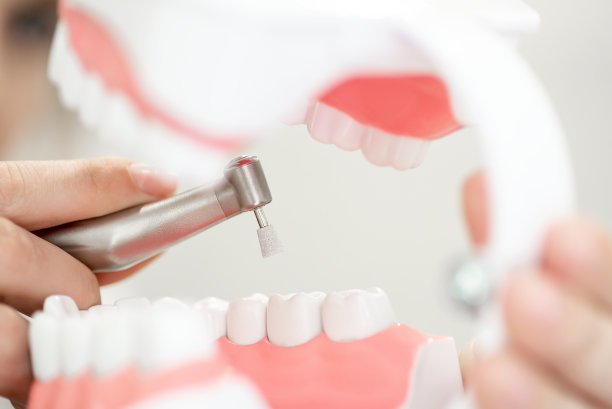Essential Guidelines and Precautions to Consider Before Undergoing Root Canal Treatment for Optimal Dental Health and Recovery
Summary: Root canal treatment can be a daunting procedure for many individuals facing dental challenges. This article delves into essential guidelines and precautions that should be considered before undergoing this treatment. From understanding the importance of proper diagnosis to preparing for recovery and aftercare, each aspect plays a vital role in ensuring a successful outcome. Furthermore, the emotional and physical preparations necessary for the procedure will be explored, empowering patients to make informed decisions and achieve optimal dental health. With a focus on comprehensive dental care, the tips outlined aim to enhance both the experience of the patient and the effectiveness of the treatment.
1. Importance of Accurate Diagnosis and Assessment

Before committing to root canal treatment, understanding the underlying cause of pain or infection is paramount. A thorough examination by a qualified dentist can reveal critical details regarding the health of your tooth. Techniques such as X-rays can assist in visualizing the infected area and assessing the extent of damage.
An accurate diagnosis not only informs the treatment plan but also reduces the likelihood of unnecessary procedures. Misdiagnosis can lead to prolonged discomfort and additional dental problems, thus emphasizing the need for an expert evaluation.
Furthermore, discussing symptoms with your dentist ensures that all potential underlying issues are considered, allowing for a more tailored treatment approach. This collaborative process sets a positive precedence for successful dental health restoration.
2. Emotional and Psychological Readiness
The fear of dental procedures can impede timely treatment. Preparing mentally for a root canal is just as crucial as understanding the physical aspects. Patients should educate themselves on the procedure to alleviate anxiety and confusion. Knowing what to expect can dramatically lower fear levels.
Support from friends or family members can also play a significant role in easing pre-treatment jitters. Their encouragement, coupled with clear communication with your dentist about concerns, can foster a more comfortable environment. Being open about your feelings allows the dental team to offer reassurance and additional support where necessary.
Additionally, mindfulness practices, such as deep breathing or visualization, can help calm nerves before and during treatment. This emotional preparation not only aids in reducing anxiety but also contributes to a smoother dental experience.
3. Preparing for Aftercare and Recovery
Understanding the significance of aftercare cannot be overstated. After the root canal procedure, patients must adhere to an aftercare routine to ensure optimal recovery. This includes managing pain and swelling, which can be mitigated through prescribed medications or over-the-counter pain relief.
Dietary choices also greatly impact recovery. A soft food diet is typically recommended to avoid straining the treated area. Patients should also stay hydrated and avoid sugary foods that can compromise healing.
Regular follow-up visits to the dentist are essential for monitoring the healing process. These appointments provide an opportunity to address any complications early. Adhering to aftercare instructions fosters a swift recovery and enhances treatment success.
4. Lifestyle Modifications for Dental Health
To maintain the benefits of root canal treatment, lifestyle changes may be necessary. Regular dental hygiene practices, including brushing and flossing, are crucial for preventing future infections. Using an antibacterial mouthwash can also aid in oral health maintenance.
Additionally, it’s essential to schedule regular dental check-ups. These visits enable early detection of potential issues, allowing for prompt interventions before they escalate. Educating oneself about oral health and being proactive can significantly impact long-term dental outcomes.
Lastly, avoiding harmful habits, such as smoking or excessive consumption of alcohol, can further support oral health. Lifestyle modifications contribute not only to recovery from the procedure but also to overall dental health.
Summary:
In conclusion, preparing for root canal treatment involves multifaceted considerations that encompass emotional, physical, and lifestyle factors. By prioritizing an accurate diagnosis, addressing emotional concerns, planning for aftercare, and making beneficial lifestyle changes, individuals can significantly enhance their dental health outcomes.
This article is compiled by Vickong Dental and the content is for reference only.



